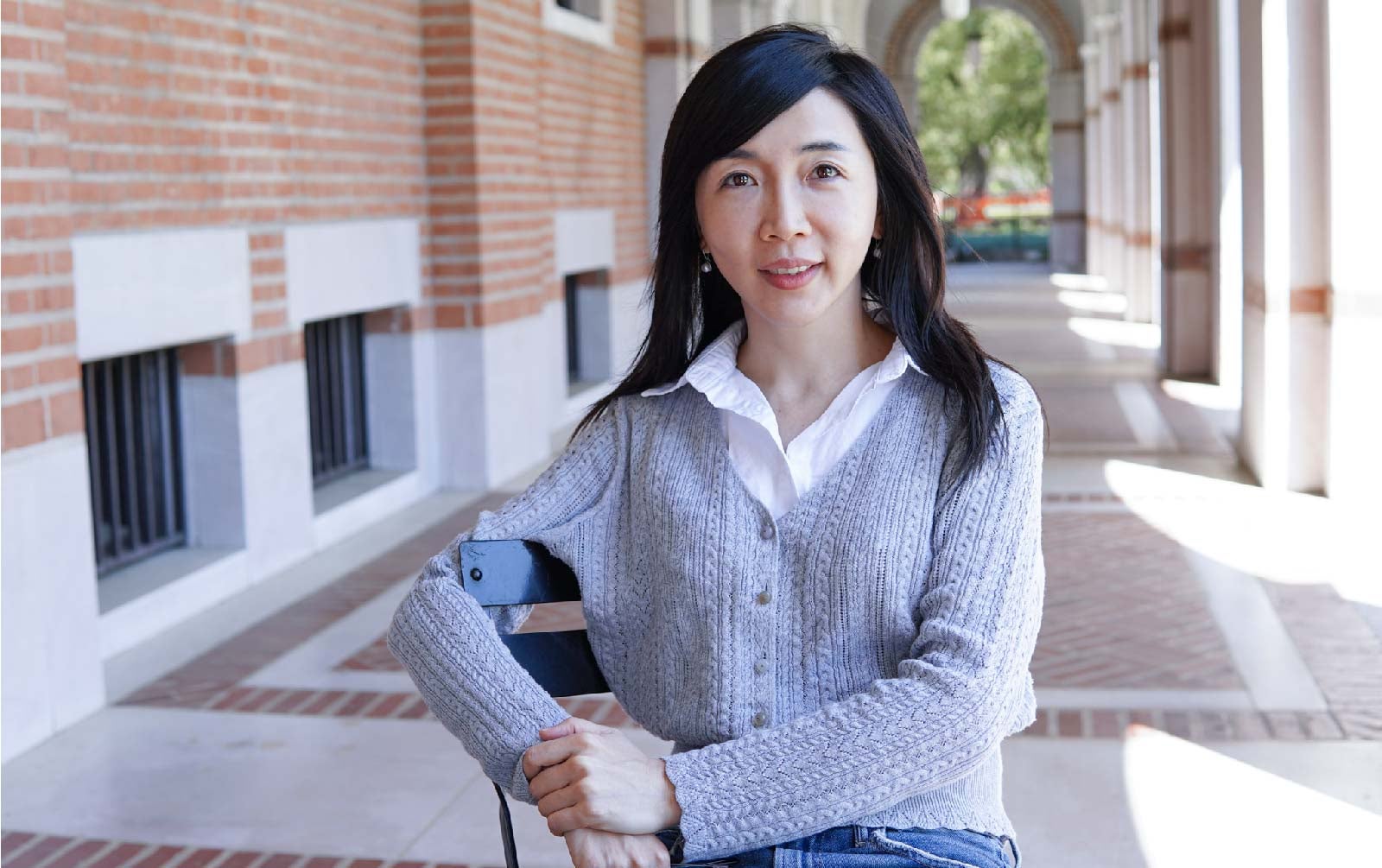Yingyan Lin, assistant professor of electrical and computer engineering (ECE) at Rice, has received the 2021 ACM/SIGDA Outstanding New Faculty Award in Design Automation for “demonstrating outstanding potential as an educator and researcher in the field of electronic design automation (EDA).”
The award was established by the Association for Computing Machinery Special Interest Group on Design Automation (ACM SIGDA) to recognize young EDA researchers. Candidates are evaluated on contributions to their academic departments and the general field of EDA during his or her initial appointment. A citation and a $1,000 award are presented at the annual Design Automation Conference.
Lin earned her Ph.D. in ECE from the University of Illinois at Urbana-Champaign in 2017 and joined the Rice faculty in 2018.
She spearheads the Efficient and Intelligent Computing (EIC) Lab at Rice, which focuses on embedded machine learning and aims to develop techniques towards green AI and ubiquitous machine learning powered intelligence.
In addition to the ACM/SIGDA award, in 2021 Lin received an NSF Career Award, the Facebook Research Award and the IBM Faculty Award. In 2017 she was selected as a Rising Star in Electrical Engineering/Computer Science by the Academic Career Workshop for Women at Stanford University.
Lin also received the Best Student Paper Award at the 2016 IEEE International Workshop on Signal Processing Systems and the 2016 Robert T. Chien Memorial Award for Excellence in Research at the University of Illinois Urbana-Champaign.
Lin is the principal investigator on several multi-university projects. Among them are a three-year, $1.38 million initiative funded by NSF grants to “facilitate real-time machine learning in devices at the ‘edges’ of the internet,” and $1.5 million endeavor to meet the demand to develop machine-learning algorithms by creating an open-source platform.

